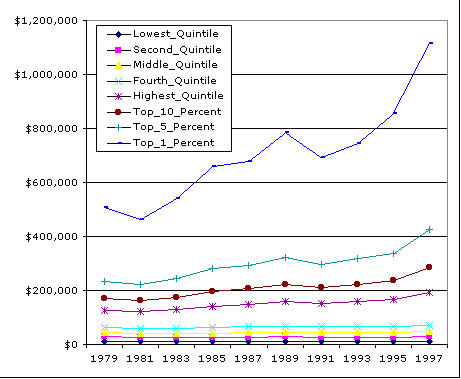I am in Vancouver this week. The plane from Boston to Montreal smelled of forests burning. Vancouver is an amazingly beautiful city. There is extremely good food. My first night I ate at a highly rated French resturant. The appetizer – a lite broth of wild mushrooms and fava beans – is wonderful.
The resturant was in a very elegant hotel. They put me back in a corner of the room. The young man who seated me offered me a paper. Forty minutes later he reappeared. He’d forgotten there was a newspaper strike. So he’d gone out to get a paper, he apologized for the delay.
Two young Hispanic men sat along the back wall near me. They were having a quiet conversation in Spanish. It’s tone seemed a little sober.
After the soup a tall muscular very young black man dressed in ill fitting jeans, basket ball shoes, gold chains, and a huge basket ball jersey was shown to a seat along the same back wall two tables from the other two. All three immediately launched into a more animated conversation still in Spanish.
Ten minutes later a handsome Japanese looking man in his late 20s is shown to a table on the other side of the Hispanic men. He is dressed in a very nice suit. He has a camera, with a large lens, hanging from his neck. He nods at the two gentlemen. Everything is quiet for a while.
Then the conversation continues with all four now chatting. The conversation is slow, quiet. After a period they switch to English. I assume the Japanese gentlemen’s Spanish is poor.
The elder of the two Hispanic gentlemen enquires of the Japanese man “what do you do?” “I am a butler” he replies. This confounds the other three. He explains that he works on “that floor” in the hotel where every guest gets his own butler.
They are all guest workers, all from different countries Central America, the Philippines, etc. They discuss what they are paid. Less than the American minimum wage. They disucss various jobs they have had. Cruise ships off the coast of South America; 50$ a week plus tips – very hard for women. Europe, the Middle East.
The elder Hispanic man is going home, vacation. Others are jelous. They discuss of where to buy gifts, and how short 2 weeks is. How hard it is to be away from one’s family.
I eat a peice of salmon. It rests on small pastries filled with a very spicy curry of some kind, the plate is decorated with excellent relishes and mustards. The wine, from Chile, is nice. The meal is $40 dollars. I am on expense account.
